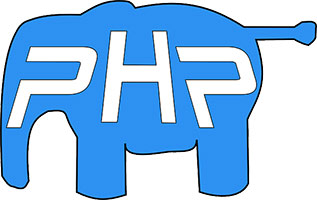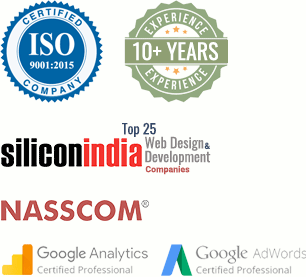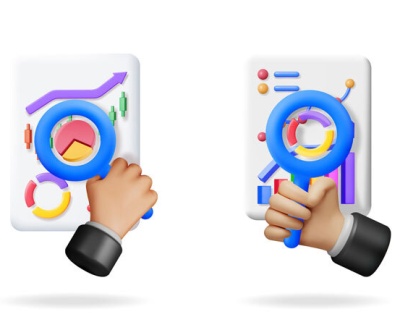2017’s Top 5 PHP Frameworks for Developing Distinctive Web Applications
- April 11, 2017
- Web Development
 Want to develop applications in a faster and better way? Then go with these frameworks. A set of reusable libraries and/or classes constitute a framework. And here, with PHP as the primary programming language, we are going to learn more about PHP frameworks.
Want to develop applications in a faster and better way? Then go with these frameworks. A set of reusable libraries and/or classes constitute a framework. And here, with PHP as the primary programming language, we are going to learn more about PHP frameworks.
Benefits of using PHP frameworks are more than one can account for. Extensible architecture and the support for crucial database connections make them a perfect choice for developing customized web applications. As one of the popular web programming languages, PHP has been instrumental in reducing the complexity of application development process.
Developers write and structurize code to go along with the scaling requirements. And there is no second question that frameworks are having a major role in achieving the same. Listed below are some of the most popular PHP frameworks that are going to rule 2017.
- Laravel-
- Finding it challenging to build authenticated web applications? No worries, because Laravel is here. An open-source PHP web framework, Laravel is an ideal option for rapid application development. With a built-in template engine, laravel efficiently supports the DRY principle. DRY stands for don’t repeat yourself. Also, the separation of business code from logic code is what makes laravel more popular as it follows the MVC pattern.
- Generally, applications gain popularity among the users due to their error handling capability, and Laravel does support that efficiently.
- Code Igniter-
- Again, one of the most popular PHP frameworks, Codeigniter offers a well-defined separation between logic and presentation layer. Known for small footprint, Codeigniter makes full-featured web application development a breeze.
- This framework can be considered as beginners haven since it is easy to use and requires minimum user configuration.
- Symfony-
- One of the main drawbacks in web application development is the repetitive coding tasks, which, will be addressed adequately under symfony. Written in PHP5, the symphony framework consists of PHP-libraries that can be implemented during forms creation, objects, and templates configuration.
- No limit to flexibility, yes one can experience that if they are using symphony for application development. With extensive support to multiple databases, symfony is considered the best for developing database applications.
- Zend-
- An object-oriented framework, Zend is an ideal option while developing enterprise level web applications. Code bloating can be completely avoided under Zend, but how? With a large set of classes under its belt, only the required component can be used as an individual library.
- With flexible MVC architecture and dependency injection in action, the Zend framework makes the code more reusable, testable, and readable.
- Yii 2-
- Another open-source PHP framework, which is object-oriented and the best suited for developing web 2.0 applications. Also, read as ‘Yes it is’, the Yii framework has matured exceptionally with time. With a large community at its back, Yii offers numerous free, open-source widgets and plugins.
- MVC, DAO/ActiveRecord, authentication, role-based access control, caching, testing, with such features, Yii clearly supports rapid application development. The latest version, Yii 2.0.11, has become a new generation PHP framework as it has come with more than 110 enhancements.
GET A QUOTE










